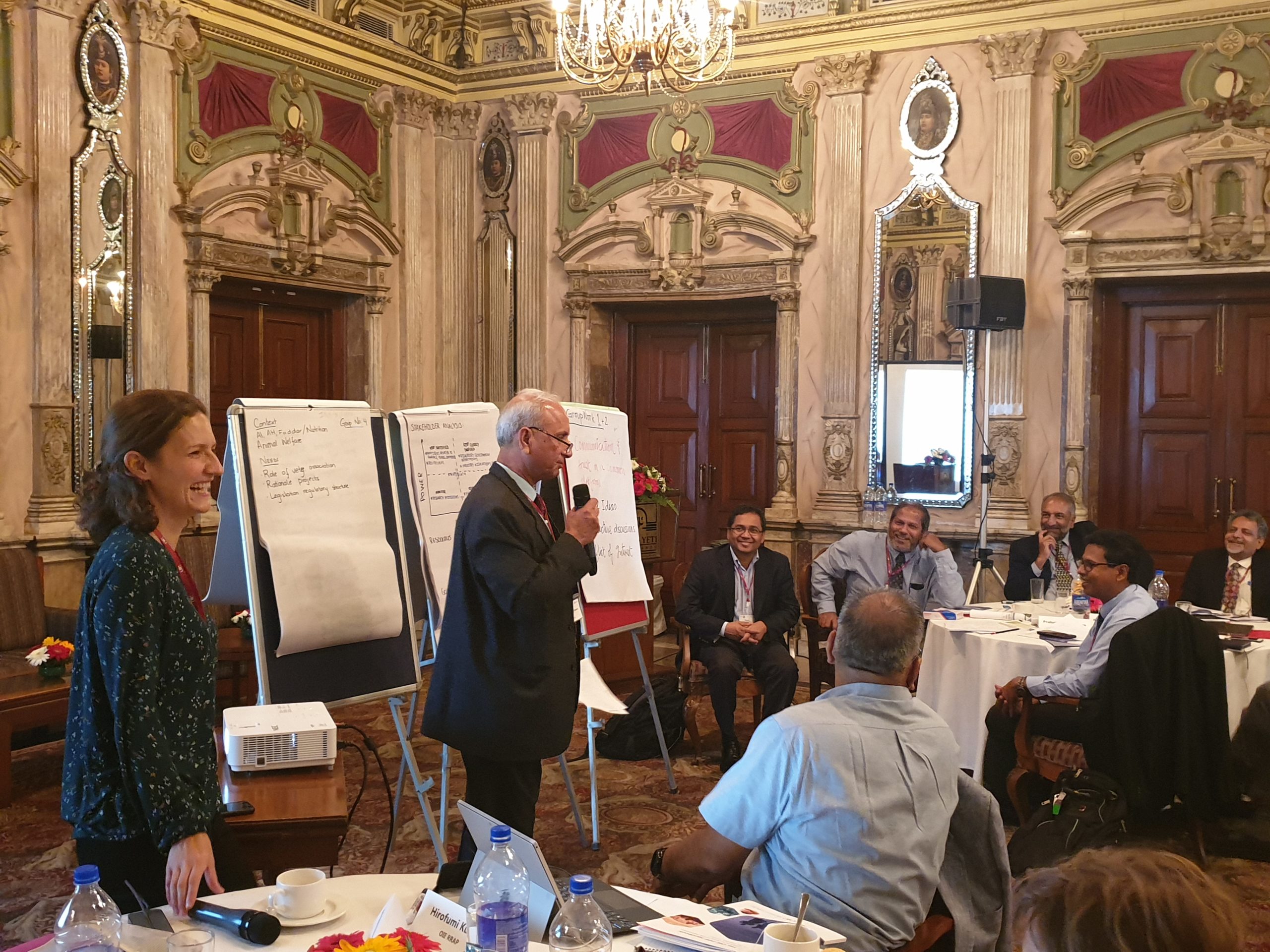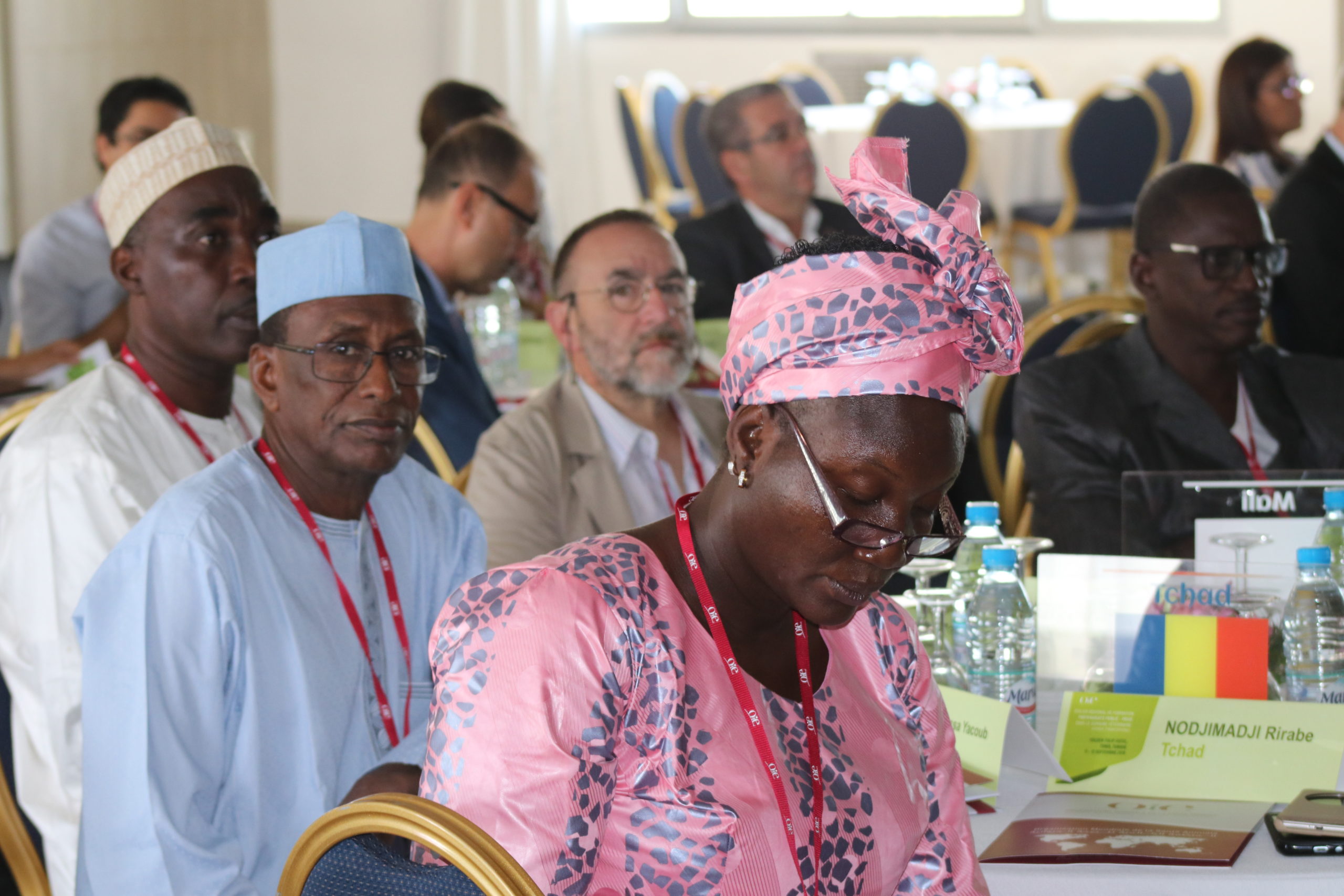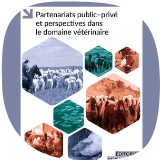OUR ACTION
Public-Private
Partnership for the
benefit of livestock
vaccination

Dr Obadiah Nyaga Njagi Chief Veterinary Officer OIE national Delegate
KENYA
What kind of PPP initiatives are being launched in Kenya, and what is your role in them?
O. N. N. I am involved in PPP initiatives that aim to include private sector veterinarians and veterinary paraprofessionals in the large-scale vaccination of livestock. Their contribution is vital to fighting several livestock diseases, such as peste des petits ruminants (PPR), foot and mouth disease and lumpy skin disease. Vaccination is usually done by the public sector in Kenya, but to upscale our action, we need the collaboration of the public-private sectors. To that effect, I recently led the publication of a circular paper to provide national guidelines on the involvement of the private sector in livestock vaccination across the country, taking into account the guidelines produced by OIE on the topic.

In 2019, 200 participants representing the public and private sectors of 37 countries were trained to establish PPPs, during regional workshops in Africa and Asia.
How are OIE PPP workshops helpful in implementing these initiatives?
E-Learning course on Public-Private Partnership
O. N. N. We had a workshop in Addis-Ababa, Ethiopia, in 2019. OIE experts and partners presented success stories from different countries and we exchanged best practices with participants during group sessions. This was very helpful to appreciate what the collaboration amongst the public-private sectors has to offer. Private sector actors now realise that there is a gap they can help us fill , not just in Kenya but also in the region. Discussing best practices with neighbouring countries during the workshop was most useful. The participation of the private sector at the workshop was an excellent idea.
Why is regional coordination crucial to this PPP initiative’s success?
O. N. N. Wide-scale vaccination against transboundary diseases such as PPR requires cross-border coordinated action. In the Karamoja region, which includes Ethiopia, Kenya, South Sudan and Uganda, we target a million cattle vaccinated on the Kenyan side, thanks to efficient PPP. To achieve this, and with support of the Intergovernmental Authority on Development (IGAD), we signed a multilateral Memorandum of Understanding and developed an implementation protocol that created cross-border governance structures and communication pathways at national and regional levels.

Cross-border coordination and PPPs are essential for the successful implementation of animal disease control measures.
